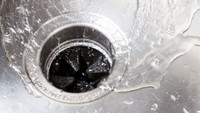
Understanding the Difference Between Lime Scale and Corrosion in Hard Water
12th Jul 2023
Did you know that hard water can cause damage to your home appliances, plumbing, and more? Hard water contains minerals that form scale or corrosion when heated, leading to the breakdown of pipes, fixtures, and other items. Understanding the difference between limescale and corrosion is key to choosing a home water softener system that works for your family and for maintaining a healthy lifestyle.
Below, our team at NuvoH2O will take you through the differences between lime scale and corrosion in hard water, how a citric acid water softener can help, and more. Get in touch with us today to learn more or to find the home water softener that best suits your needs! We offer a variety of water softener systems that can help you enjoy safer drinking water while avoiding the negative effects of hard water in your home.
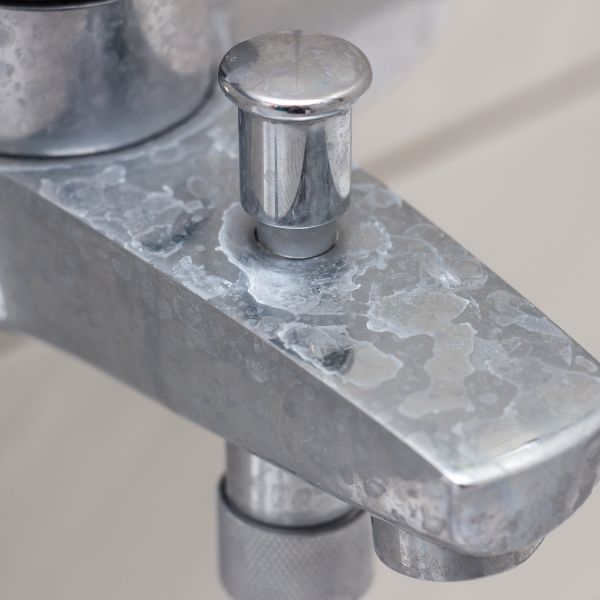
What Is Limescale?
Limescale is a white, chalky substance that forms on sinks and fixtures when hard water is heated. It’s made up of minerals from the ground, such as calcium and magnesium. These minerals are insoluble, so they don’t dissolve in the water. Instead, they form a hard white coating that can be difficult to remove once it has built up. Limescale can cause damage to appliances and plumbing fixtures over time, making it important to choose a home water softener that can help reduce lime scale buildup. If you’re already dealing with limescale buildup, a citric acid water softener can help remove it without damaging your pipes or fixtures.
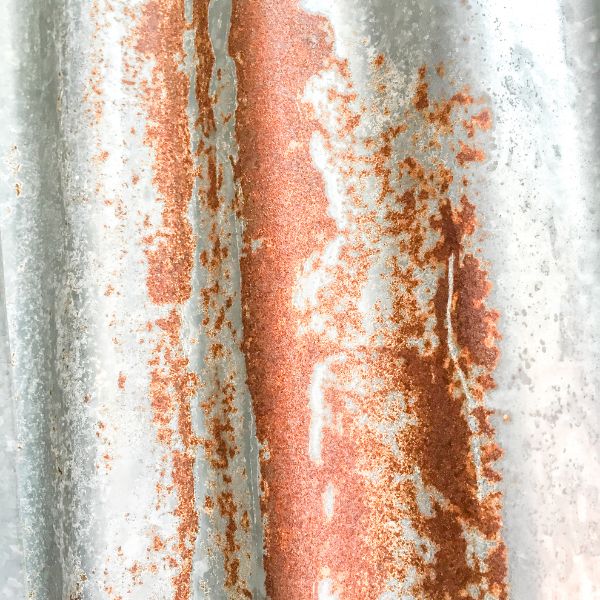
What Is Corrosion?
Corrosion is a type of damage that occurs when metal pipes, fixtures, and other items come into contact with hard water. The minerals in the water react with the metal, causing it to break down or corrode over time. Corrosion can lead to leaks and other problems in your plumbing system, making it important to choose a home water softener that can help reduce corrosion. When it comes to preventing corrosion, our salt-free water softeners are a great option. They use citric acid to reduce the mineral content in hard water and help protect your plumbing system from damage due to corrosion.
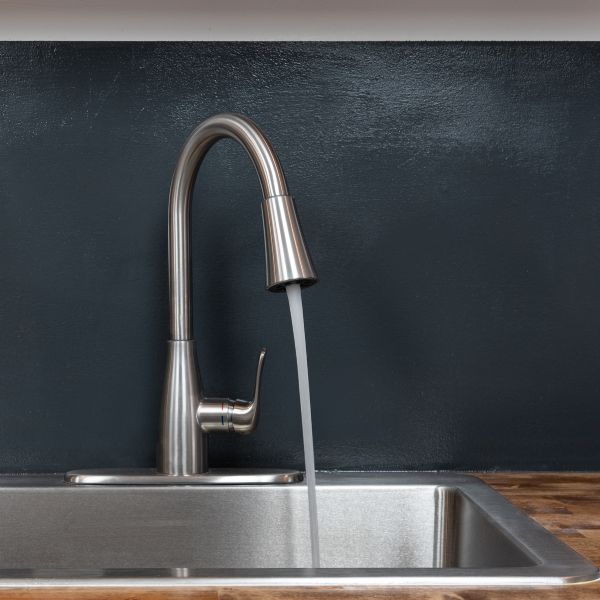
How Can a Salt-Free Water Softener Help?
A salt-free water softener helps to reduce the negative effects of hard water by removing minerals from the water before they can cause damage. Our systems at NuvoH2O use citric acid to bind with calcium and magnesium, neutralizing their effects and allowing them to be washed away without damaging your pipes, fixtures, or appliances. This helps to reduce limescale buildup and corrosion in hard water, making it a great option for those looking to maintain a healthy home.
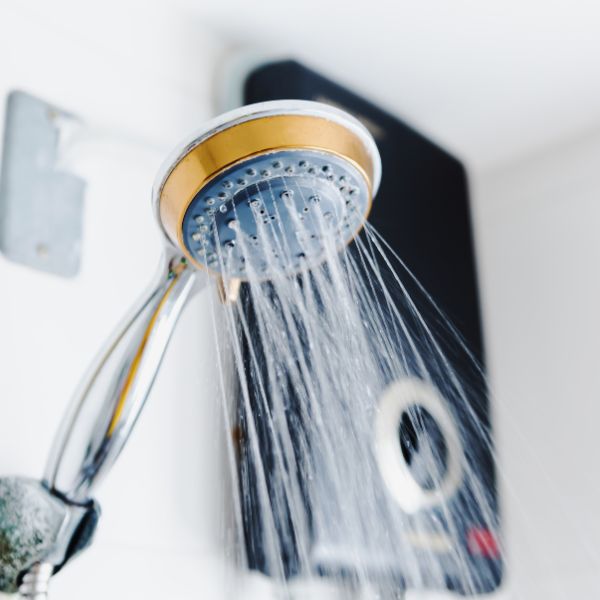
Put Your Trust in NuvoH2O
At NuvoH2O, we are committed to providing homeowners with the best home water softener systems in the industry. Our systems are designed to last, helping you enjoy softer water and fewer negative effects from hard water for years to come. With low-maintenance systems, effective technology, and multiple options to choose from, you can trust that we have the right solution for your home. We offer both whole-home water softeners and point-of-use systems, depending on your needs.
When it comes to hard water, understanding the difference between limescale and corrosion is key for choosing a home water softener system that works for you. NuvoH2O offers a variety of salt-free systems designed to reduce limescale buildup and corrosion in hard water, helping you enjoy safer drinking water and fewer negative effects in your home. Whether you’re looking for a whole-home system or a point-of-use solution, our team can help you find the right product for your needs. Contact us today to learn more!


